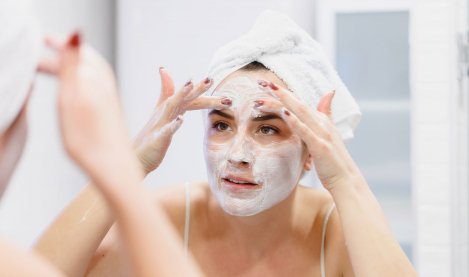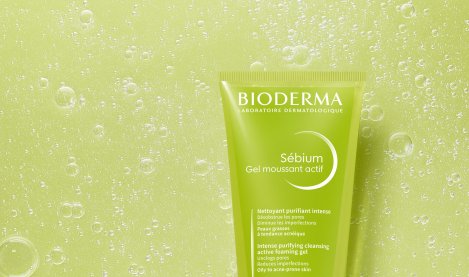When you have acne, you often believe that it’s the only thing people see, and that this problem defines you before everything else. Acne-prone skin is often a source of complexes and a lack of assurance, which can cause difficulties in relationships, loving or platonic. They shouldn’t be waved away. You are not just a person with acne. Don’t let it take over your mental space and psychological balance. In fact, more and more, acne problems are held up on social media today.
Many celebrities are standing by the #bodypositive movement that fights against physical discrimination and the insularity that it can produce. So much the better. Some people even feel perfectly fine about their acne. If for you, however, the situation is too much, the best way to get your assurance and love of life back is to treat the problem. You can ask your pharmacist for help to find adapted products, both for cleansing and creams, and even consult a dermatologist.






